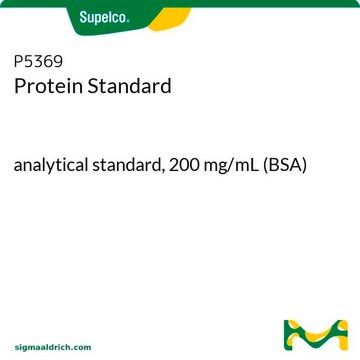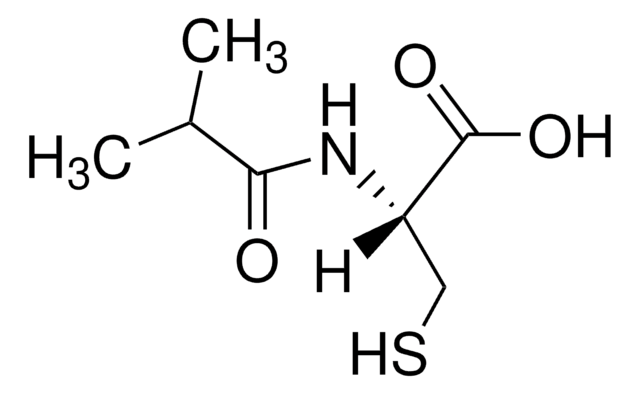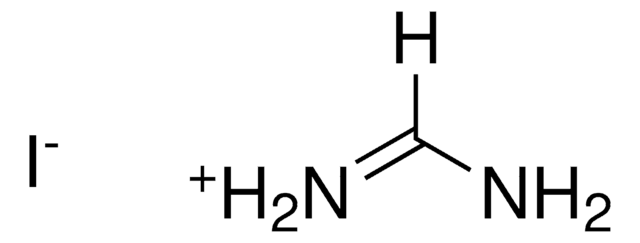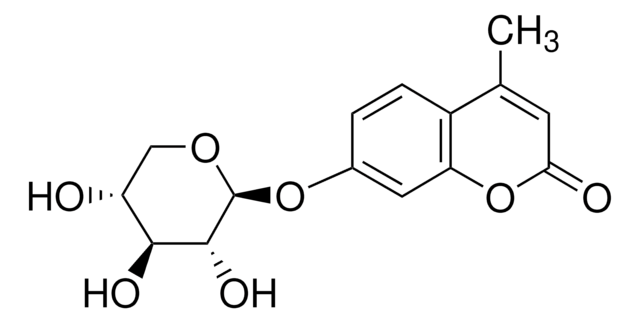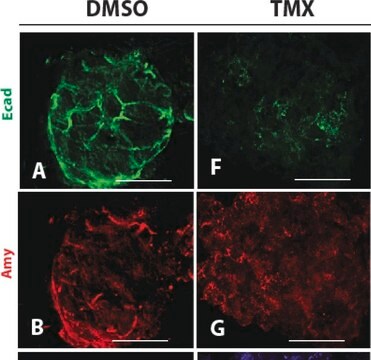P7658
Poly(D-Glu, D-Lys) hydrobromide
suitable for ligand binding assays, Mol wt 20,000-50,000
About This Item
Recommended Products
product name
Poly(D-Glu, D-Lys) hydrobromide, D-Glu:D-Lys (6:4), mol wt 20,000-50,000
form
powder
feed ratio
D-Glu:D-Lys (6:4)
mol wt
20,000-50,000
technique(s)
ligand binding assay: suitable
color
white
storage temp.
−20°C
Related Categories
Analysis Note
Other Notes
Storage Class Code
11 - Combustible Solids
WGK
WGK 3
Flash Point(F)
Not applicable
Flash Point(C)
Not applicable
Personal Protective Equipment
Certificates of Analysis (COA)
Search for Certificates of Analysis (COA) by entering the products Lot/Batch Number. Lot and Batch Numbers can be found on a product’s label following the words ‘Lot’ or ‘Batch’.
Already Own This Product?
Find documentation for the products that you have recently purchased in the Document Library.
Articles
Humankind has utilized protein materials throughout its existence, starting with the use of materials such as wool and silk for warmth and protection from the elements and continuing with the use of recombinant DNA techniques to synthesize proteins with unique and useful properties.
Our team of scientists has experience in all areas of research including Life Science, Material Science, Chemical Synthesis, Chromatography, Analytical and many others.
Contact Technical Service![1-[2-(Trimethylsilyl)ethoxycarbonyloxy]pyrrolidin-2,5-dione](/deepweb/assets/sigmaaldrich/product/structures/315/669/b4696f8e-7012-4d38-8354-dcfd174cc558/640/b4696f8e-7012-4d38-8354-dcfd174cc558.png)
